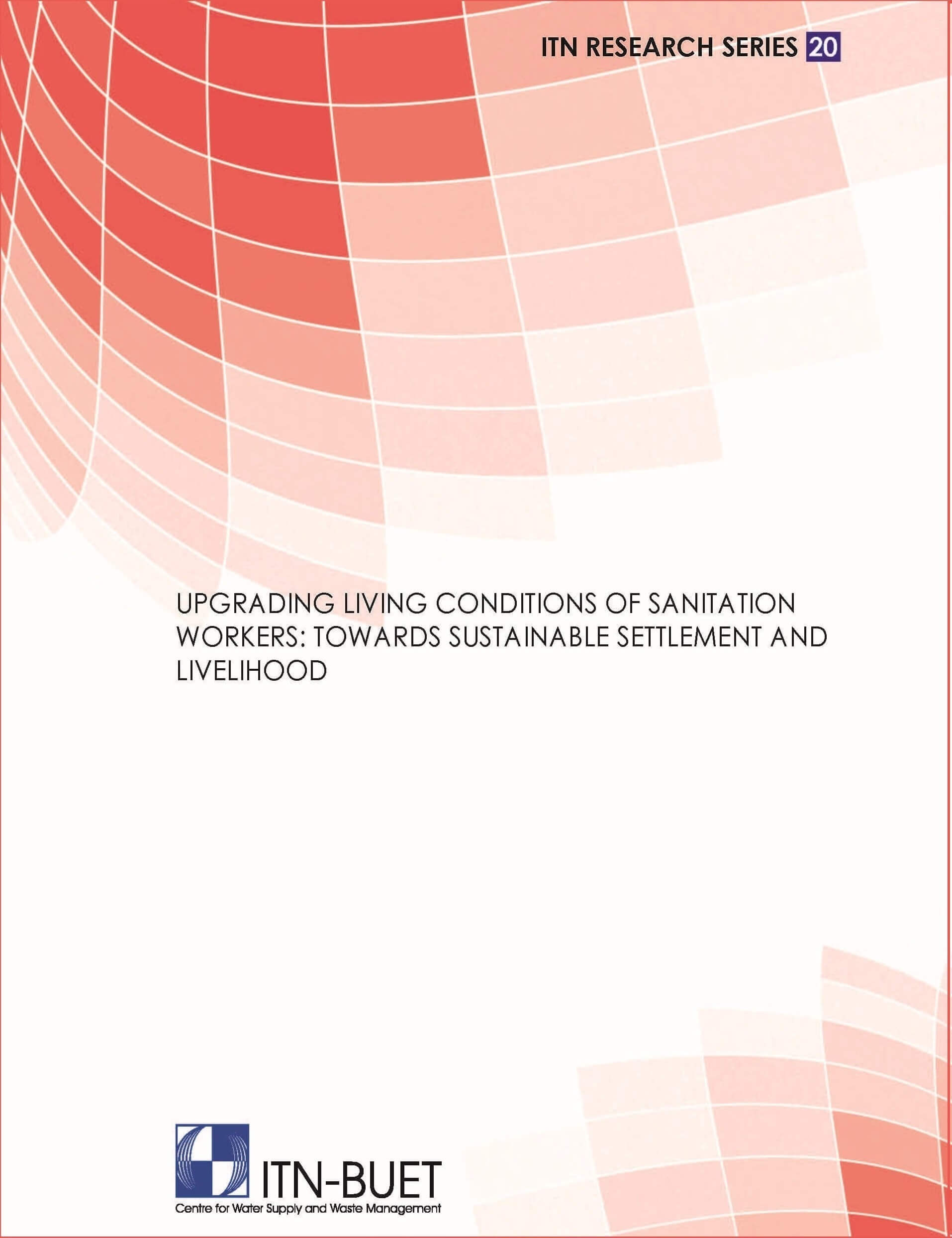In Bangladesh, sanitation workers (SWs) predominantly belong to the Harijan community, an ethnic group historically marginalized within the socio-economic hierarchy. This community continues to endure dire living conditions due to social exclusion, overcrowding, inadequate infrastructure, and insecure land tenure, all compounded by insufficient legislative protections. Despite their crucial role in maintaining public hygiene and environmental health, their living conditions remain substandard, with limited access to quality housing and basic sanitation services. These challenges reflect the broader systemic inequities faced by marginalized ethnic groups in Bangladesh.
This study focuses on key objectives aimed at addressing the living conditions of Harijan sanitation workers, emphasizing both physical and social determinants. Physically, it explores issues such as inadequate room sizes, lack of sanitation facilities, and overcrowding, all of which negatively impact health and quality of life. Socially, the research highlights the central role of kinship networks and communal ties within the Harijan community, which not only influence housing preferences but also serve as a source of collective resilience. These kinship dynamics are essential to understanding the community’s housing needs and are a critical factor in ensuring that any proposed interventions are culturally relevant and sustainable.
The study adopts a mixed-methods approach, combining qualitative fieldwork with quantitative analysis to assess both the spatial and social dimensions of the community’s living conditions. The research area centers around the Harijan Colony in Jashore, where sanitation workers and their families have lived for generations. By focusing on this single case study, the research provides in-depth insights into the socio-spatial dynamics of the community, allowing for a more nuanced understanding of how ethnic identity, kinship, and housing needs intersect.
The outcome of the study emphasizes the need for an integrated approach to improving the living conditions of sanitation workers, one that addresses immediate infrastructure deficits while also considering the community’s socio-cultural context. The proposed upgrading plan includes vertical housing expansion within existing settlements to reduce overcrowding and optimize land use, while preserving the kinship-based living arrangements that foster social cohesion. Additionally, the plan advocates for the creation of shared community spaces to enhance social interaction, cultural expression, and mutual support. To further improve living conditions, the study calls for enhanced water supply and sanitation infrastructure, including decentralized water management systems, to ensure reliable access to clean water and sustainable waste management. These improvements are not only critical for public health but are also necessary for ensuring the environmental sustainability of the community’s living environment.
By addressing both the physical and social needs of the Harijan sanitation workers, the study contributes to a more holistic and culturally sensitive framework for upgrading marginalized communities in Bangladesh.
Principal Investigator
Prof. Anirban Mostafa, PhD
Co- Principal Investigator
Prof. Afroza Parvin, PhD
Research Assistant
Imran Hossain Foishal
Tanha Tabassum Tisha
Reviewers
Prof. Ishrat Islam, PhD
Prof. Tanvir Ahmed, PhD


